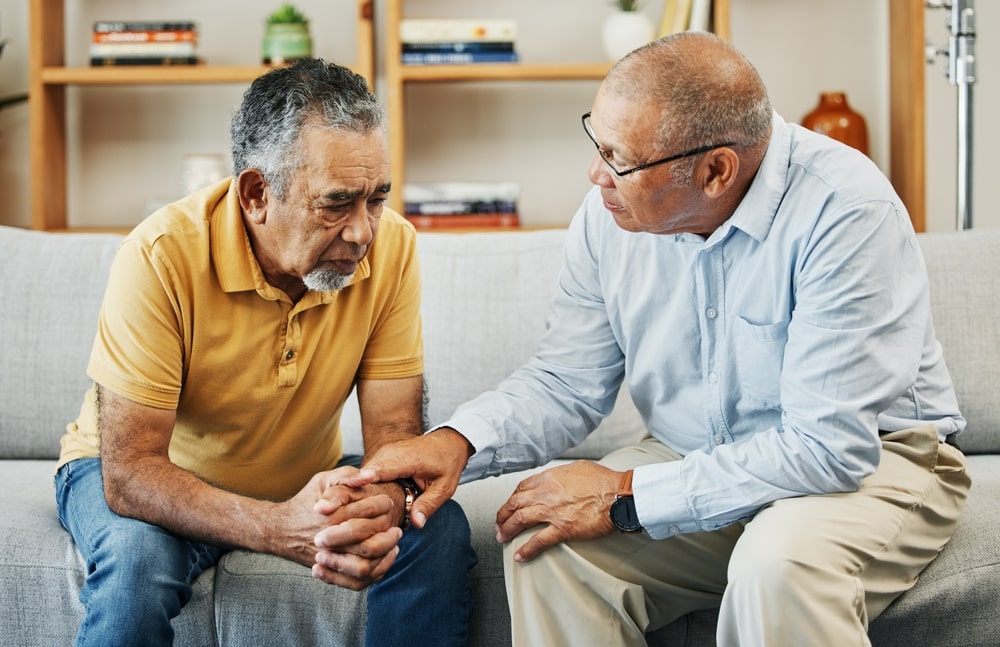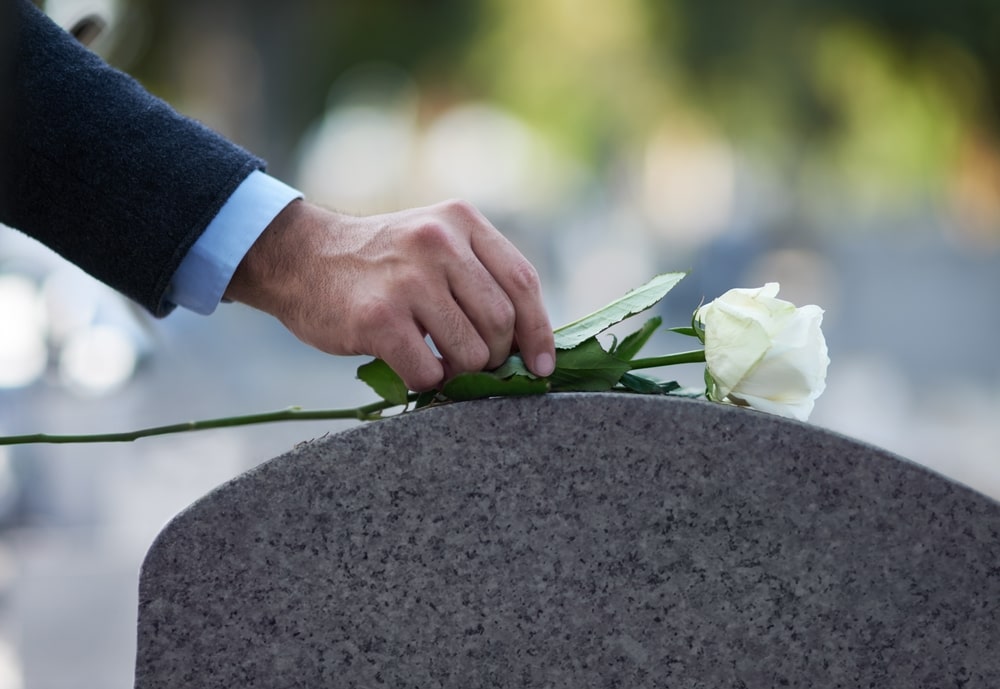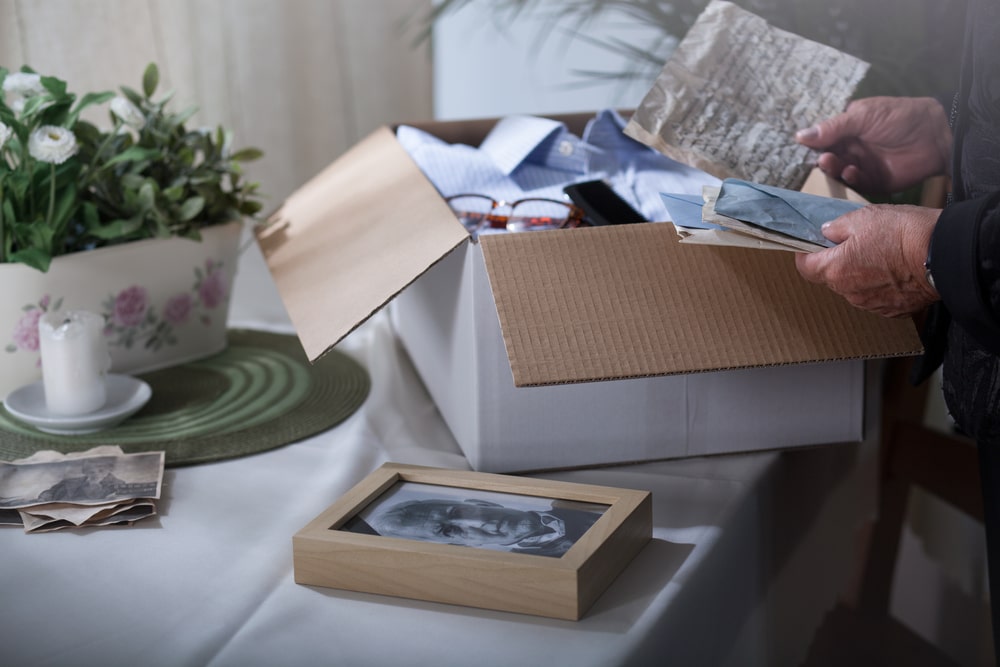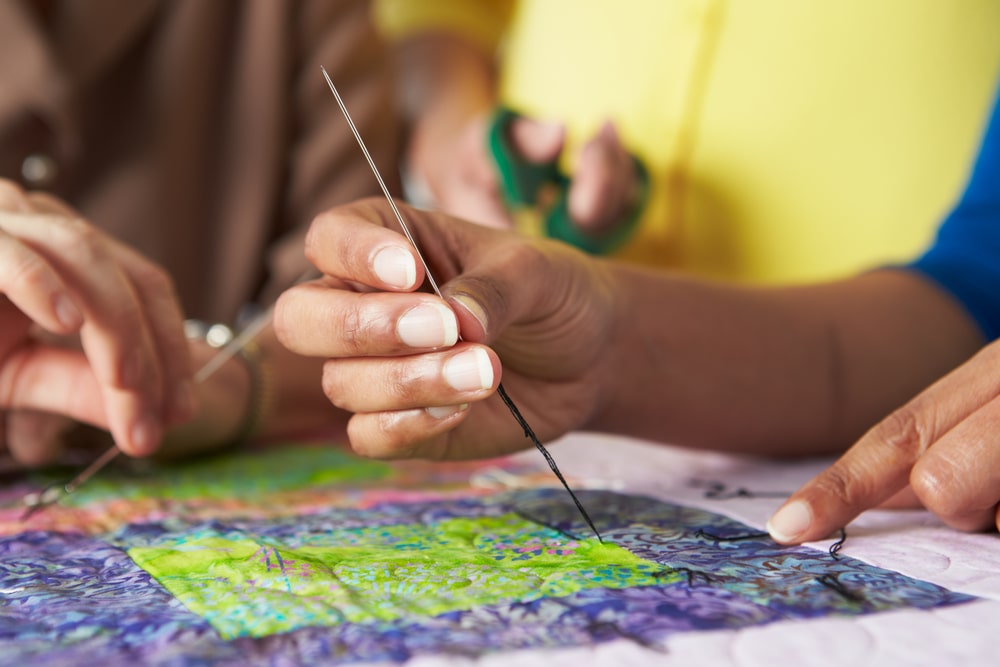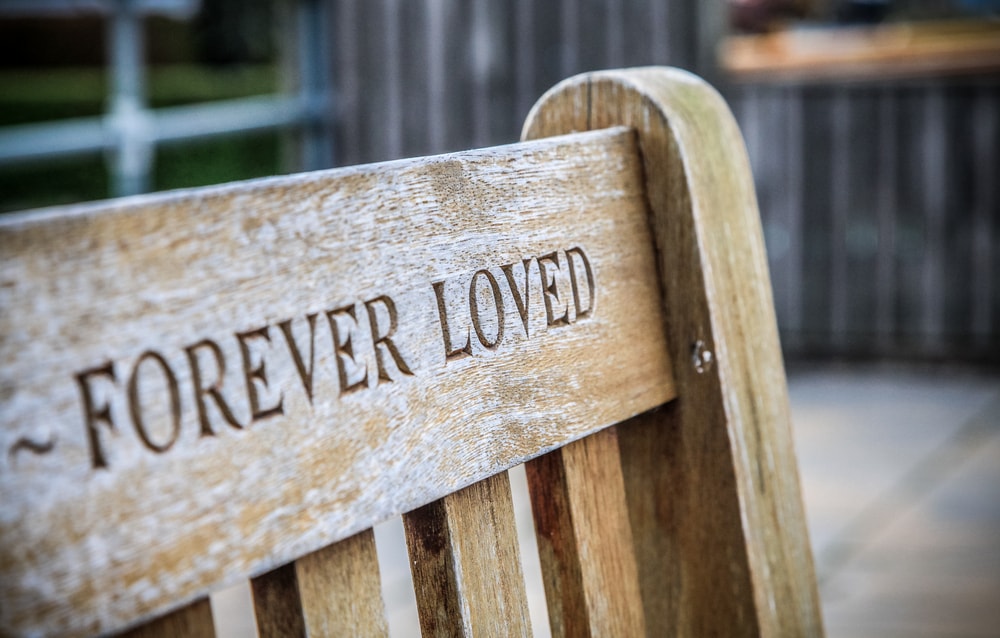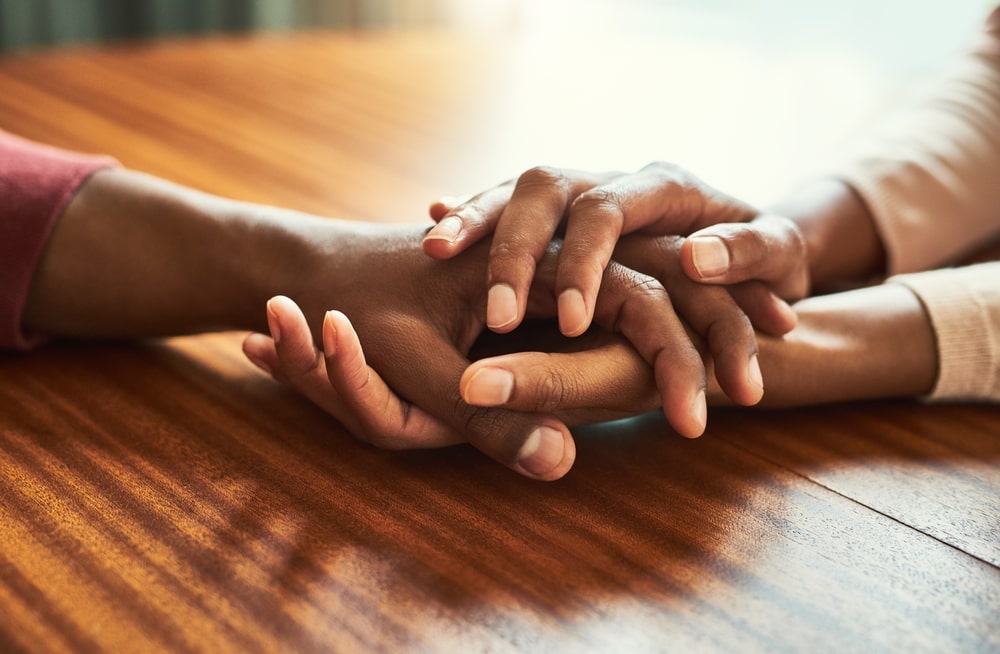
The first year without a loved one can be very difficult, especially as precious milestones approach. The first Valentine’s Day without them. First birthday. Christmas. The anniversary of their passing. Each of these “firsts” will be difficult in its own way.

Dr. Alan Wolfelt, a noted grief counselor, author, and educator, affirms that our grief journeys are as unique as we are. “In life, everyone grieves. But their grief journeys are never the same. Despite what you may hear, you will do the work of mourning in your own special way. Be careful about comparing your experience with that of other people. Also, do not adopt assumptions about how long your grief should last. Just consider taking a ‘one-day-at-a-time’ approach. Doing so allows you to mourn at your own pace.”
If you are facing the “firsts” after the loss of a loved one, here are a few ideas to help you navigate through the emotional days ahead.
1. Plan ahead if you can.
As a special day or milestone approaches, consider what you will need to get through the day. Plan ahead and decide if you need to take the day off to rest and reflect. You may also wish to do something special or meaningful to honor your loved one’s memory. Or you may want to go to a special place or gather with certain people on that day. A little advance planning can make the day more peaceful and contemplative.
2. Find a way to celebrate and remember your lost loved one.
The hardest part about a day that is special to you is if no one else seems to remember. No matter what the particular day may be, if it’s significant to you and your lost loved one, do something to remember, to celebrate, to commemorate, to honor.
Take flowers to the gravesite, look through old photos and videos, light a candle, or write a letter. At Thanksgiving or Christmas, you can serve their favorite dish and start calling it by their name – Nana’s mashed potatoes or Joe’s green bean casserole. You can also sing your loved one’s favorite Christmas carols or put a remembrance ornament on your tree. All of these are simple ways to express your grief outwardly. The outward expression of grief will help bring peace and healing on a difficult day.
3. Reinvent the day and bring hope to a day of sadness.
Another option is to reinvent the days that bring you pain. For example, on the anniversary of your loved one’s death, do something that would have delighted them. If they loved to fish, maybe you and your family could spend a day at the lake, taking time to share cherished stories. On your first Valentine’s Day without your loved one, you might treat yourself to a dinner out or eat a meal with others who have lost a significant other.
This same principle can be applied to any special day. Look for ways to reinvent the day and make it something new, something meaningful and healing, something intentional and beautiful. Changing routines and focusing on what brings you joy and peace, even temporarily, can help you get through a difficult day or season.
4. Give back to meaningful causes.
As part of their grief journey, some people choose to run a fundraiser via social media supporting a cause that helped their loved one, such as the Alzheimer’s Association, the American Cancer Society, nonprofit hospitals, or other significant causes.
If your loved one adored animals, you may decide to give a donation in their name to a local rescue. Another idea would be to volunteer your time at a non-profit that cares for animals. If they valued children, give back to local or international programs that focus on assisting kids. You may even sign up for a race or a walk that raises funds for a special cause.
Some people become so passionate about a cause after losing a loved one that they establish their own non-profit organizations in memory of the person who died. Whatever you decide to do, giving back is one way you can pay it forward to others and carry on your loved one’s legacy. Though your loved one is gone, their legacy lives on through you.
Healing Traditions Bring Hope and Reconciliation
The possibilities for honoring a loved one on a special day are virtually endless. It all depends on what speaks to you. What makes you feel close to the one you have lost? What were their favorite things? Once you discover what comforts your heart, do it year after year, until it’s either a beloved tradition or you feel that you can stop. As Dr. Wolfelt assures us, each grief journey is different. No two are the same. Do what works for you and brings you peace.
In truth, we never really get over our grief; we become reconciled to it. We find a new way to live because the old way is gone forever. As Dr. Wolfelt puts it, “You will find that as you achieve reconciliation, the sharp, ever-present pain of grief will give rise to a renewed sense of meaning and purpose. Your feelings of loss will not completely disappear, yet they will soften, and the intense pangs of grief will become less frequent. Hope for a continued life will emerge as you are able to make commitments to the future, realizing that the person you have given love to and received love from will never be forgotten. The unfolding of this journey is not intended to create a return to an ‘old normal’ but the discovery of a ‘new normal.’”
In time, you will find your “new normal.” But for now, grieve. Cry. Remember. And eventually, if you allow it, reconciliation will come. May you find the peace and reconciliation you are seeking.






